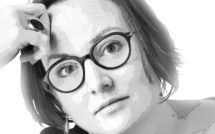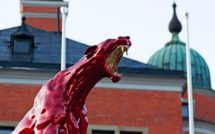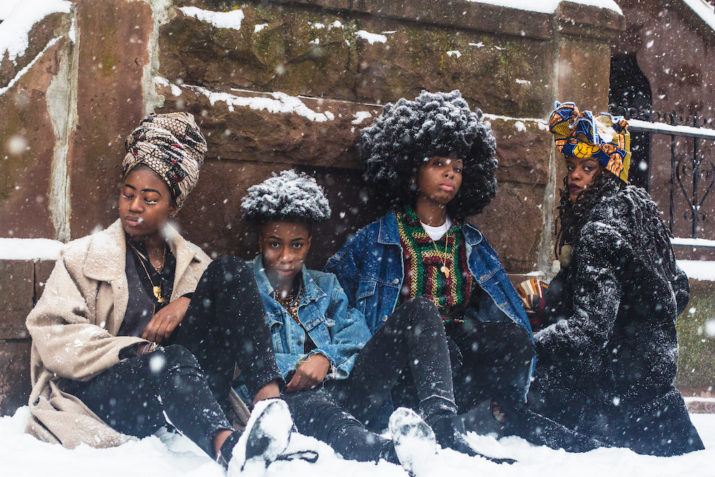
This is part of our special feature, Me Who? The Audibility of a Social Movement.
Growing up as a queer African person, photographer Mikael Owunna was told that it was “un-African” to be gay, and that homosexuality was foreign to his culture. After enduring years of severe alienation from his Nigerian heritage and a series of exorcisms in Nigeria as well, he began Limit(less) to reclaim his African-ness and queerness on his own terms.
Limit(less) is an award-winning documentary photography project on LGBTQ African immigrants in North America and Europe. Between 2013 and 2017, Owunna traveled to 10 countries across North America, the Caribbean and Europe shooting and documenting the stories of over 50 LGBTQ African immigrants and asylum seekers. Framing the work as a quest to debunk the myth that it is “un-African” to be LGBTQ, in the process Owunna found that there are no safe spaces anywhere for LGBTQ Africans – even in the “liberal” West.
The project is the first-of-its-kind to document recent LGBTQ African immigrant and asylum seeker experiences across the West. And as Owunna states, “This body of work is a collaborative response between me and my community to redefine what it means to be an immigrant, African and queer in North America and Europe at this time. To confront, with our self-love and stories, the oppressive narratives that say we should not exist. We are Limitless.”
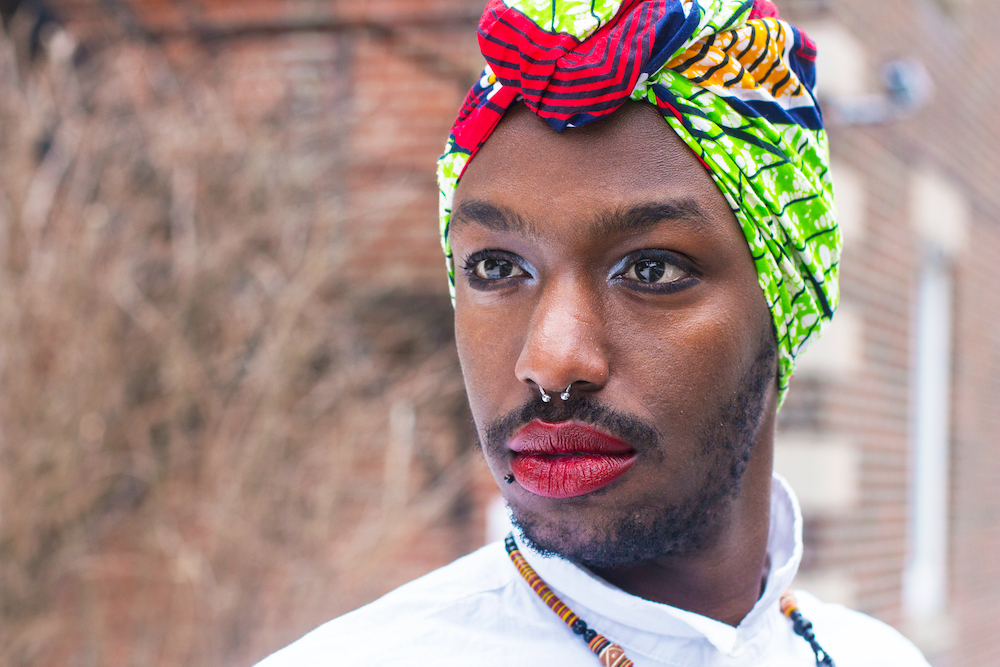
Brian : Queer Rwandan (Pronouns: he or she)
Montreal, Canada (2016)
“My Africa is one that is intrinsically hate-free, welcoming, comprehensive and protective. It’s not about knowing if LGBTQ is “un-African” or not but it’s more about understanding that homophobia and transphobia are clearly not derived from African values, culture and traditions.” – Brian
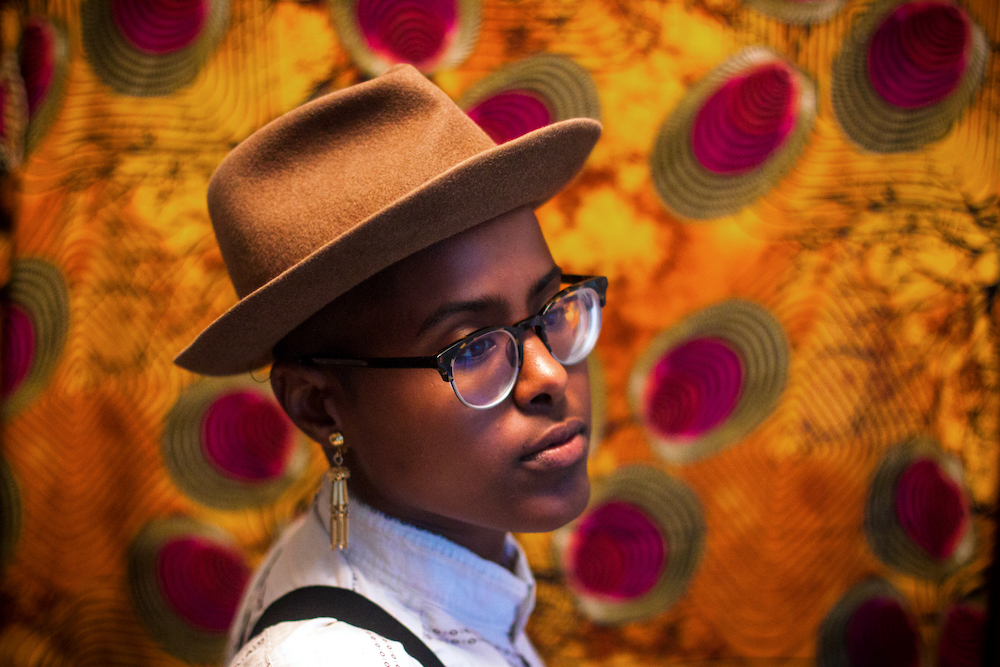
Wiilo – Queer Somali (Pronouns : they)
Shot in Arlington, VA, USA
2015
“Wiilo Geedi. Wiilo in Somali means girls who dresses like boy. It’s a nickname that I was given by my elders when I was younger. It’s something that has always comforted me when I was going through my process of discovering my queerness and helped me to overcome the shame and the feeling of being pushed away from my culture. ”
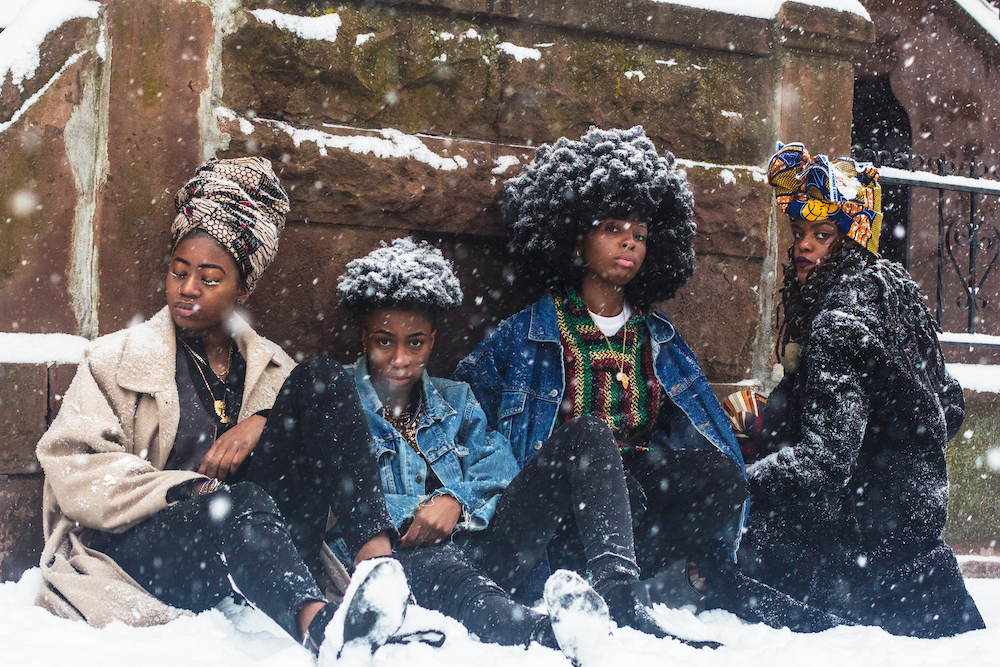
4 Queer African Women
From left (last image) : Yéwá – Queer Nigerian (Pronouns : she, they)- Badu – Queer Ivorian (Pronouns : she) – Amadi – Queer Nigerian (Pronouns : she) – Mai’Yah – Queer Liberian (Pronouns : she, they)
Headwraps: @wrapsbyjames (IG)
Shot in Brooklyn, NY, USA, 2017
“To the queer Africans that would be shunned by their community, family and/or country. To the queer Africans that are in desperate need of an answer and feeling lost as to where to look for it.
I know the feeling.
Chant this from the top of your lungs and mean it with every emotion in your body.
You are bold and filled with strength.
You are not alone. I’m with you. Limitless is with you.
We are here, we exist and WE ARE NOT going anywhere.
To Being a Limitless African ” – Mai’Yah (furthest right)
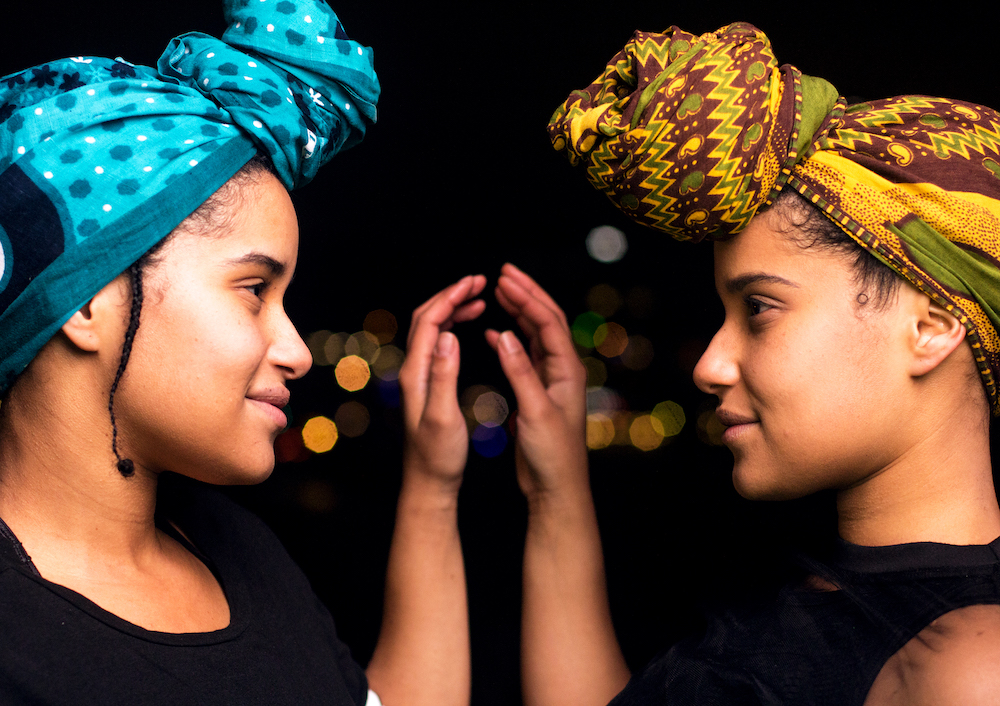
Queer Kenyan Twins: Subira (left, Pronouns: they) and Wandia (right, Pronouns: she)
Shot in Hamburg, Germany
2017
Subira (left) : I dealt with a lot of racism in LGBTQ spaces during my undergraduate degree, which was exhausting and isolating. I would try to overcome that by attempting to educate everyone, which was even more exhausting. Eventually I learnt to set better boundaries, and invite people to do their own learning for themselves. Luckily the spaces I’m in now are a lot better, and when I do still (inevitably) experience racism in queer spaces, I have a good community of QTIPOC (queer, trans, and intersex people of colour) folks who I know will have my back.
Wandia (right) : Before western colonialism, norms about sexuality and gender in Africa looked very different to how they did after the violence of colonisation. In many African countries societies were built differently, nuclear families were not the normal constellation in which children were raised, gender was not binary, cisgenderism and heterosexuality were not the norm. But the white coloniser’s narrow ideas of what constituted ‘civilisation’ were forced upon people on the continent, and cultural practices, religions and traditions were brutally and violently erased and replaced in part with homophobic, transphobic religious teachings.
Mikael Chukwuma Owunna (b. 1990) is a queer Nigerian-Swedish American photographer, Fulbright Scholar and engineer. His work explores the relationship between engineering, optics, the black body and queerness. Owunna imagines new universes and realities for marginalized communities around the globe. Owunna’s work has exhibited across Asia, Europe and North America and has been featured in media ranging from the New York Times, CNN, NPR, and VICE to The Guardian. He has spoken and lectured about his work at venues from Harvard Law School to World Press Photo (Netherlands) and Sveriges Radio (Sweden). His first published monograph, Limitless Africans, was released in 2019.
Published on March 10, 2020.

